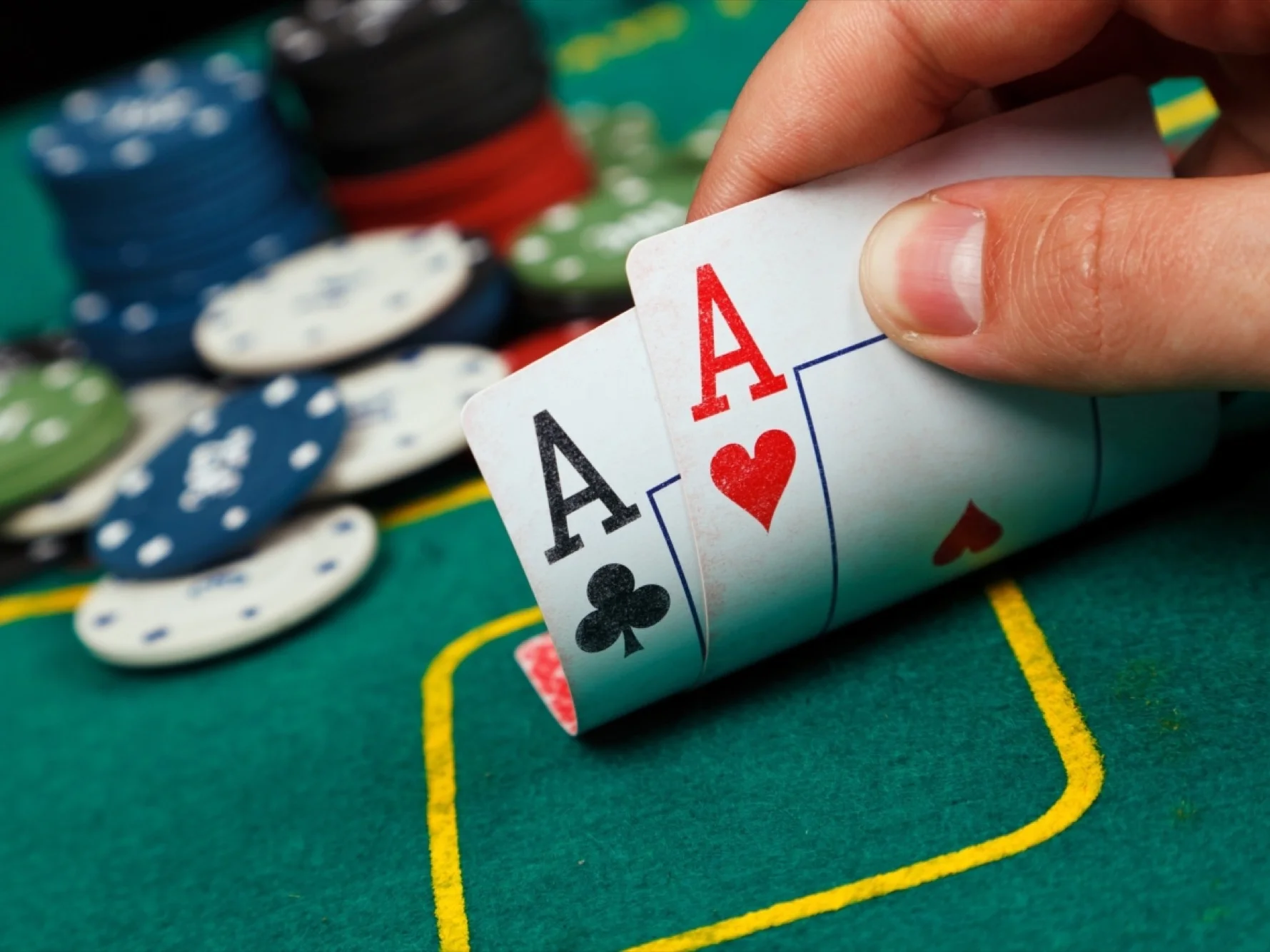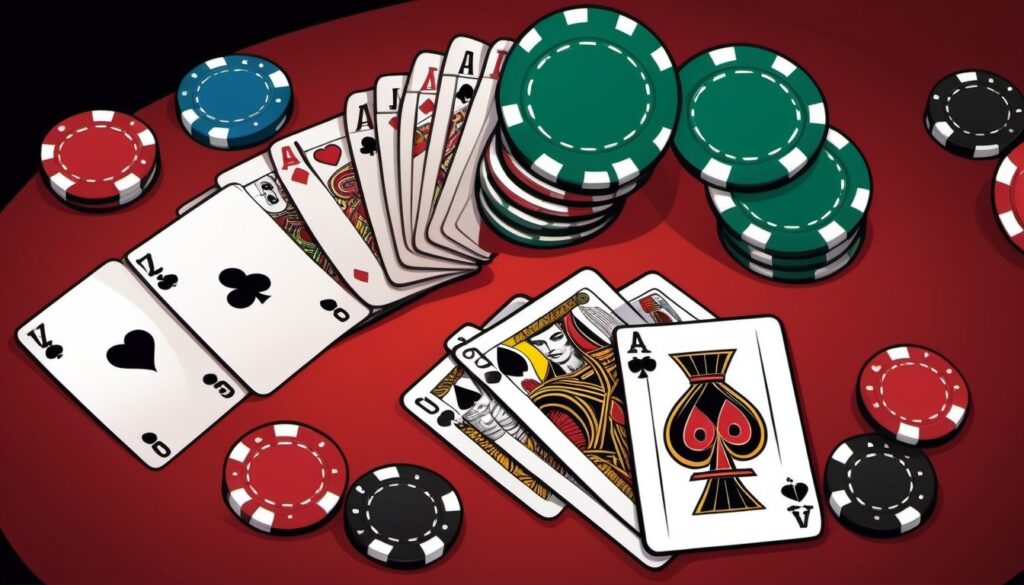
Mastering the Mind Game: Essential Poker Strategies for Every Player
Poker is more than just a game of luck—it’s a battle of skill, strategy, and psychological tactics. Whether you’re a beginner or an experienced player, understanding key strategies can significantly improve your performance at the table. Here are some essential poker strategies to help you master the game.
-
Understanding Hand Selection
One of the most critical decisions in poker is choosing which hands to play. Not every hand is worth betting on, and knowing when to fold can save you from costly mistakes. Strong starting hands, such as high pairs or suited connectors, increase your chances of building a winning combination. On the other hand, weak hands often lead to unnecessary losses.
-
Position Matters
Your seating position at the table affects your strategy. Being in a late position (acting after most players) allows you to observe opponents’ actions before making a decision. This advantage helps in making more informed bets, bluffs, or folds. Early positions require a more cautious approach, as you have less information about your opponents’ hands.

-
Mastering Bluffing and Deception
Bluffing is a fundamental part of poker, but it must be used wisely. A well-timed bluff can make your opponent fold a strong hand, giving you an edge. However, excessive or predictable bluffing can lead to big losses. Pay attention to betting patterns and player tendencies to determine the best moments to bluff.
-
Reading Your Opponents
Successful poker players develop the ability to read their opponents’ behaviors, also known as “poker tells.” Facial expressions, betting habits, and body language can reveal the strength of their hands. By carefully observing these cues, you can make better decisions about when to call, raise, or fold.
-
Bankroll Management
Even the best players experience losing streaks, which is why managing your bankroll is essential. Set a budget for each session and avoid chasing losses. Playing within your means helps you stay in the game longer and prevents emotional decisions that can lead to significant financial setbacks.
-
Staying Emotionally Composed
Poker requires mental discipline. Avoid making impulsive decisions based on frustration or excitement. Staying calm and focused allows you to make strategic moves rather than emotional ones. Recognizing when to walk away is just as important as knowing when to play.
Mastering poker isn’t just about luck—it’s about strategic thinking, patience, and psychological awareness. By improving your hand selection, positioning, bluffing, and emotional control, you can elevate your game and increase your chances of success. The key to winning is not just the cards you hold, but how you play them.
